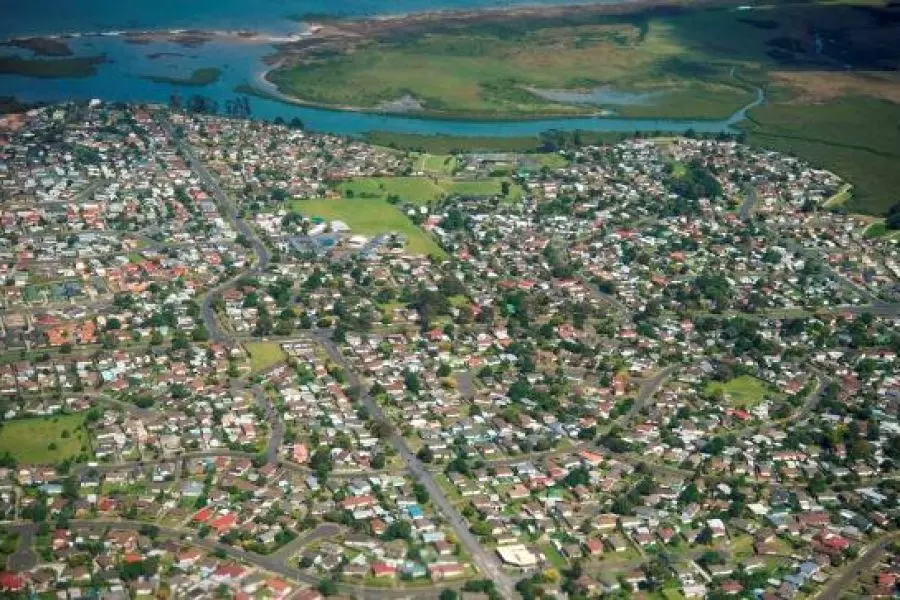News
Battling red tape

Monday 18th of January 2016
Complex land use and construction red tape have long been highlighted as a contributing factor in Auckland’s supply shortage.
Last year, the Productivity Commission recommended removing a range of regulations that it said prevent the efficient use of land for housing.
Now...
Want to read the full article?
Click the button below to subscribe and will have unlimited access to full article and all other articles on the site.






![[The Wrap] Bye Bye Bayly](https://goodreturns.publit.io/file/c_fill,w_900,h_600/39f23ac1-f7c7-4854-b700-a150004ebbac.webp)


